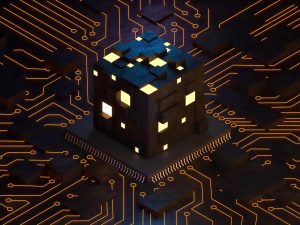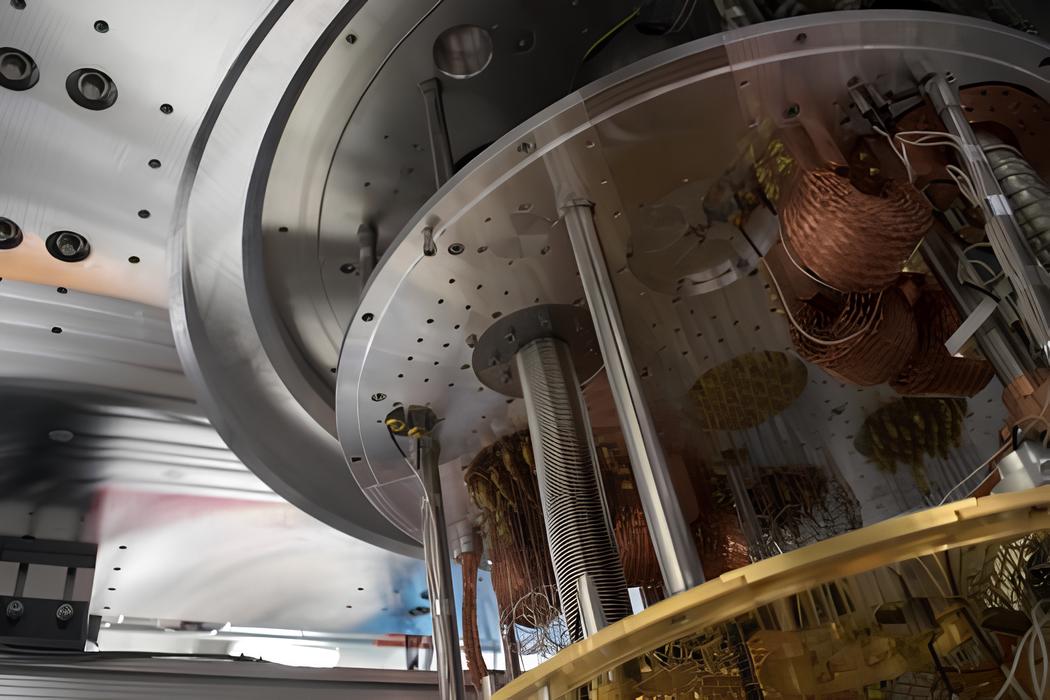Quantum Computers Explained: How Are They Different from Classical Computers?

When we hear the word quantum, we often think of particles smaller than atoms. But what does that have to do with computing?
Quantum computing is a cutting-edge field that harnesses the strange, powerful laws of quantum mechanics to tackle problems beyond the reach of today’s fastest supercomputers.
What Is a Quantum Computer?
A quantum computer is a type of computer that uses the principles of quantum mechanics to perform computations. Unlike classical computers, which use bits (either 0 or 1) as their smallest unit of information, quantum computers use qubits (quantum bits).
Qubits can exist as 0, 1, or both simultaneously—a state known as superposition. This property allows quantum computers to perform certain calculations much faster than classical systems, or even solve problems that classical supercomputers can’t handle at all.
Key Principles of Quantum Computing
Quantum computers rely on four fundamental quantum principles:
- Superposition
- Entanglement
- Decoherence
- Interference
Superposition
Superposition in quantum physics is the idea that a quantum system can exist in multiple states at once until it is observed or measured.
To illustrate, physicist Erwin Schrödinger proposed a thought experiment: Imagine a cat in a sealed box with a mechanism that has a 50/50 chance of killing it. Until we open the box, the cat is both alive and dead—existing in two states simultaneously. This is known as Schrödinger’s Cat.
In computing, this concept leads to the qubit, a unit of information that can represent many possibilities at once. Thanks to superposition, quantum computers can evaluate multiple solutions in parallel, reducing the time required for complex computations. Qubits can be made using trapped ions, photons, superconducting circuits, or other quantum phenomena.
Entanglement
Entanglement is a quantum phenomenon where two particles become connected in such a way that the state of one directly affects the other—even across vast distances.
In quantum computing, entangled qubits allow for a powerful form of parallelism. Instead of working with each qubit individually (as classical bits are), entangled qubits can be manipulated as a group. This leads to quantum parallelism, where many computations can occur simultaneously.
Example: If two qubits are entangled and one is measured as 0, the other instantly collapses to 0 as well—even if it’s far away. This correlation allows quantum computers to perform operations that are otherwise impossible with classical systems.
Decoherence
Decoherence occurs when a quantum system loses its quantum behavior and starts acting like a classical system. This typically happens due to interference from the environment, which causes a qubit to lose its state.
In quantum computing, decoherence leads to:
- Loss of quantum information
- Increased error rates
- Reduced reliability
- Limited coherence time (how long a qubit can maintain its quantum state)
This is one of the biggest challenges in building practical, stable quantum computers.
Interference
Quantum interference happens when probability waves from different quantum states overlap, amplifying or canceling each other out. This is used in quantum algorithms to increase the chances of reaching the correct answer.
Each additional qubit doubles the number of possible outcomes:
- 1 qubit → 2 outcomes (0, 1)
- 2 qubits → 4 outcomes (00, 01, 10, 11)
- 3 qubits → 8 outcomes (000, 001, …, 111)
This exponential growth allows quantum systems to evaluate large datasets and problem spaces much more efficiently than classical systems.
Applications of Quantum Computers
A quantum computer can simulate a classical computer and perform the same tasks. However, for everyday activities like browsing the internet or editing documents, classical computers are far more efficient and cost-effective. Using a quantum computer for such tasks would be overkill—like using a nuclear reactor to boil water.
Quantum computers truly shine in specific domains such as quantum simulation, factoring large numbers, and solving certain optimization problems. Here are a few areas where quantum computers excel:
Quantum Computing in Drug Discovery
Quantum computers are expected to transform drug discovery by helping scientists simulate molecules more accurately. Traditional computers struggle with this because molecules behave according to quantum mechanics, which is hard to model with classical methods.
Quantum computers, however, are designed to handle quantum-level problems. This allows researchers to simulate how atoms interact in a drug compound, which could speed up the development of new drugs. Companies like IBM are already using quantum systems to study small molecules. In the future, this could lead to faster and cheaper drug discovery.
Quantum Computing and Cybersecurity
Quantum computers could break many of today’s encryption systems. Most digital security relies on math problems that take regular computers a long time to solve. Quantum computers can solve some of these problems much faster using special algorithms.
This creates a risk: if quantum computers become powerful enough, they could decode sensitive information. That’s why experts are working on post-quantum cryptography—new security methods that can resist quantum attacks.
At the same time, quantum technology offers new ways to protect data. One example is quantum key distribution, which allows for secure communication that can detect any interference.
Quantum Computing in Optimization
Quantum computers are well-suited for solving optimization problems—tasks that involve finding the best solution among many possibilities. These are common in industries like transportation, logistics, finance, and manufacturing.
For example, companies often need to figure out the most efficient delivery routes, how to schedule flights, or how to allocate resources. Classical computers can handle some of these problems, but as the number of options increases, the process becomes slower and less efficient.
Quantum computers can analyze multiple possibilities at once, helping to find optimal solutions faster. This could lead to better supply chain management, reduced costs, and improved productivity. Volkswagen has tested quantum algorithms to improve traffic flow in cities, and logistics companies are exploring similar tools to enhance route planning.
Conclusion
Quantum computing is poised to revolutionize how we solve some of the world’s most complex challenges—from breaking encryption to discovering life-saving drugs. While we’re still in the early stages, its potential is undeniable.
As research advances, quantum computers may soon become essential tools across industries, unlocking solutions far beyond the capabilities of classical systems.

